Fundamentalists are not friends of democracy. And that includes your fundamentalists in the United States
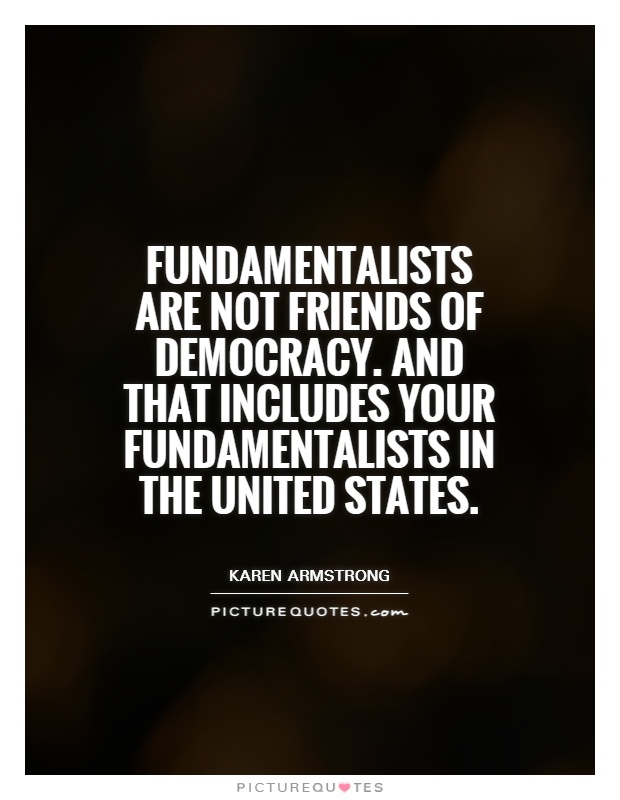
Fundamentalists are not friends of democracy. And that includes your fundamentalists in the United States
Karen Armstrong, a renowned religious scholar and author, has long been an outspoken critic of fundamentalism in all its forms. In her work, she has argued that fundamentalists are not friends of democracy, and this includes fundamentalists in the United States. Armstrong's perspective on this issue is both insightful and thought-provoking, shedding light on the dangers that fundamentalism poses to democratic societies.Fundamentalism, as Armstrong defines it, is a rigid and dogmatic interpretation of religious texts or beliefs. Fundamentalists believe that their interpretation is the only true and correct one, and they are often unwilling to engage in dialogue or compromise with those who hold different views. This mindset is inherently anti-democratic, as democracy relies on the free exchange of ideas and the ability to respect and tolerate differing opinions.
In the United States, fundamentalism has manifested itself in various forms, from Christian fundamentalism to political fundamentalism. Christian fundamentalists, for example, often seek to impose their beliefs on others through legislation and public policy, undermining the separation of church and state that is a fundamental principle of democracy. Political fundamentalists, on the other hand, adhere rigidly to a particular ideology or party line, refusing to consider alternative perspectives or engage in constructive dialogue with those who disagree.
Armstrong argues that fundamentalists in the United States and elsewhere pose a threat to democracy because they are unwilling to compromise or engage in the give-and-take that is necessary for a healthy democratic society. Instead, they seek to impose their beliefs on others through coercion or force, undermining the principles of equality, freedom, and tolerance that are the foundation of democracy.

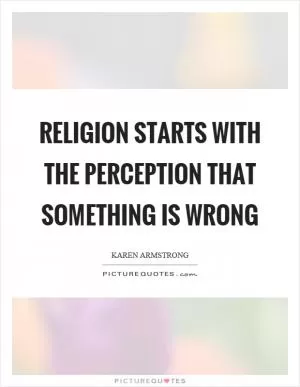


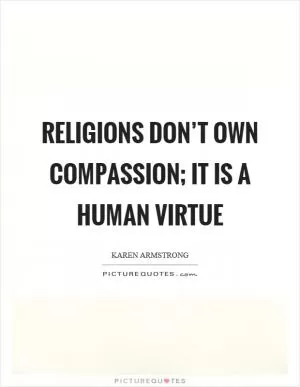
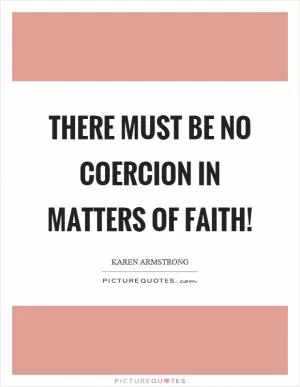





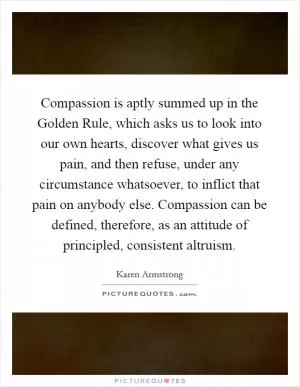
 Friendship Quotes
Friendship Quotes Love Quotes
Love Quotes Life Quotes
Life Quotes Funny Quotes
Funny Quotes Motivational Quotes
Motivational Quotes Inspirational Quotes
Inspirational Quotes